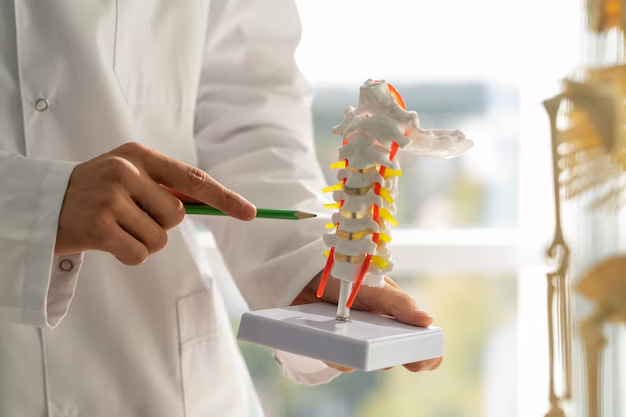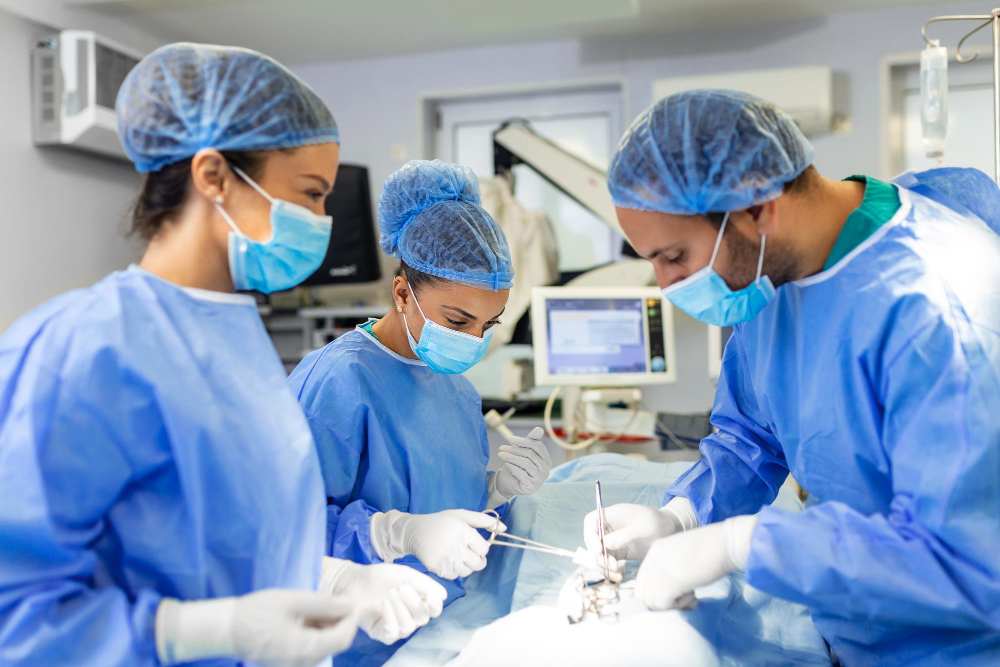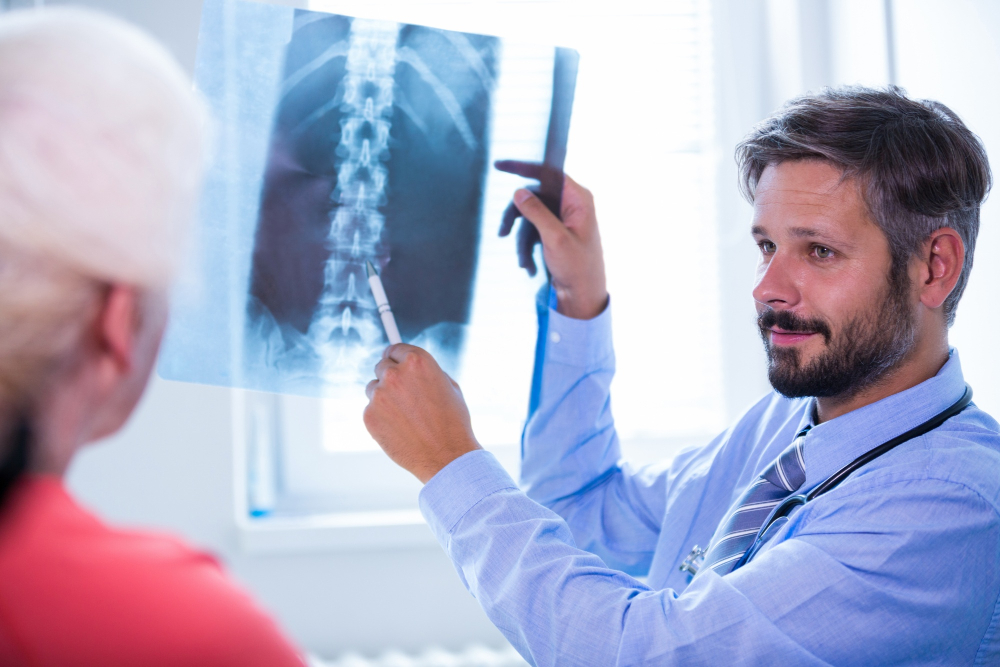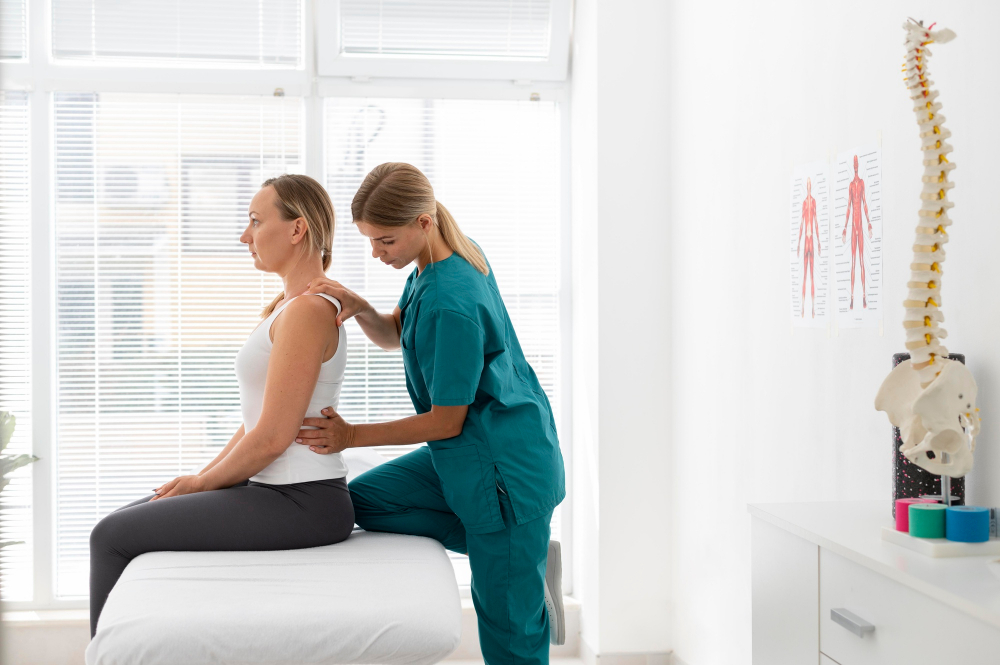How to Cure Herniated Disc?
Category: Spine
A herniated disc occurs when the soft inner gel of a spinal disc protrudes through its outer layer, often pressing on nearby nerves. This condition can lead to pain, numbness, tingling, or weakness in the back, legs, or arms depending on the affected region. Herniated discs are most common in the lumbar (lower back) and cervical (neck) regions and can significantly impact daily activities if not treated appropriately.
At Lokmanya Hospitals, patients benefit from advanced care for herniated disc treatment in Pune. As one of the best hospitals for herniated disc in Pune, we combine state-of-the-art diagnostics, minimally invasive techniques, and personalized treatment plans. Our team of the best herniated disc doctors in Pune ensures precise intervention, whether through non-surgical therapies or advanced spinal procedures, aiming for optimal pain relief and functional recovery.
Causes of Herniated Disc
Herniated discs can develop due to a combination of age, lifestyle, genetics, and injury. Understanding the root causes helps in timely prevention and guides the most effective lower back pain treatment and herniated disc treatment in Pune.
1. Age-Related Degeneration
As we age, spinal discs gradually lose water content and elasticity, making them more brittle and prone to tearing. This natural degeneration increases the likelihood of disc herniation, particularly in the lumbar and cervical regions, often causing pain, stiffness, and nerve-related symptoms.
2. Improper Lifting or Sudden Movements
Incorrect techniques while lifting heavy objects or sudden twisting motions can place excessive pressure on the spinal discs. This may cause the soft inner gel to protrude through the outer layer, compressing nearby nerves and resulting in pain, numbness, or weakness in the affected area.
3. Trauma or Injury
Accidents, falls, or sports-related injuries can directly damage spinal discs. Sudden impact or repeated microtrauma weakens the disc structure, increasing the risk of herniation. Early medical attention is crucial to prevent further nerve damage or chronic pain.
4. Genetic Factors
A family history of disc problems can increase susceptibility to herniated discs. Certain genetic traits may affect disc structure, connective tissue strength, or spinal alignment, making some individuals more prone to disc injuries even without obvious trauma or strain.
5. Obesity and Sedentary Lifestyle
Excess body weight increases pressure on the spine, particularly the lumbar discs, accelerating wear and tear. Combined with a lack of physical activity, weak core muscles fail to support the spine adequately, further increasing the risk of disc herniation and associated back pain.
Symptoms of Herniated Disc
A herniated disc can manifest in a variety of ways depending on its location, severity, and whether it compresses nearby nerves. Recognizing these symptoms early is crucial for timely intervention and effective lower back pain treatment.
1. Back Pain
Persistent or sharp pain is often the first indicator, localized in the lower back or neck. Pain can radiate to the arms or legs depending on the affected nerve, impacting daily activities and mobility.
2. Numbness and Tingling
Compression of spinal nerves may cause sensations of numbness, tingling, or “pins and needles” in the limbs. These symptoms often worsen with activity or prolonged positions.
3. Muscle Weakness
Herniated discs can impair nerve signals, leading to weakness in affected muscles. This may make lifting objects, walking, or maintaining proper posture challenging.
4. Reduced Mobility
Bending, twisting, or even standing can become painful and restricted. Daily activities, including simple movements, may be affected, emphasizing the need for timely care.
5. Sciatica (for lumbar herniation)
Lower back disc herniation can compress the sciatic nerve, causing radiating leg pain. This pain typically follows the sciatic pathway from the lower back down to the foot, often accompanied by numbness or burning sensations.
Treatment Options for Herniated Disc
Effective herniated disc treatment in Pune depends on the severity of the condition. Treatments range from conservative approaches to advanced surgical interventions, aiming to relieve pain, restore mobility, and prevent further complications.
1. Physical Therapy
Targeted exercises help strengthen core and back muscles, improve posture, and reduce pressure on the affected disc. Therapy also enhances flexibility and promotes long-term spine health.
2. Medications
Pain-relieving medications, anti-inflammatories, or muscle relaxants help manage acute symptoms. These drugs can reduce inflammation, relieve discomfort, and support patient recovery while other therapies take effect.
3. Epidural Steroid Injections
For severe nerve irritation, steroid injections near the affected nerve root help reduce inflammation and provide significant pain relief. This minimally invasive option is often used before considering surgery.
4. Minimally Invasive Surgery
When conservative treatments fail, procedures like microdiscectomy or endoscopic discectomy remove the herniated portion of the disc. These approaches preserve spinal integrity, reduce recovery time, and minimize post-operative complications.
5. Lifestyle Modifications
Maintaining healthy weight, adopting ergonomic practices, and engaging in regular low-impact exercise can prevent recurrence. These adjustments support spine health and complement both non-surgical and surgical treatments.
Why Choose Lokmanya Hospitals for Herniated Disc Treatment?
Lokmanya Hospitals is recognized as one of the best hospitals for herniated disc in Pune, offering a patient-centric approach for spinal disorders. Our team of best herniated disc doctors in Pune employs advanced imaging, minimally invasive surgery, and personalized rehabilitation plans to ensure safe, effective, and lasting relief.
From non-surgical care like physiotherapy and pain management to advanced spinal surgeries, Lokmanya Hospitals provides comprehensive care. Our multidisciplinary approach ensures accurate diagnosis, precise treatment, and continuous monitoring, helping patients return to daily life with improved mobility and minimal discomfort.
Conclusion
Herniated discs can profoundly affect daily life, causing pain, limited mobility, and nerve-related symptoms. However, with timely diagnosis and appropriate treatment, most patients can achieve substantial relief and regain normal function. Early intervention, combined with the right blend of conservative therapies and, if needed, minimally invasive procedures, ensures faster recovery and long-term spine health.
At Lokmanya Hospitals, patients receive the best herniated disc treatment in Pune through a patient-focused approach. Our team of experienced spine specialists employs advanced diagnostic tools, modern surgical techniques, and tailored rehabilitation plans. This comprehensive care not only alleviates pain but also strengthens the spine, restores mobility, and enhances overall quality of life, making recovery safe, efficient, and sustainable.
FAQs
1. How is a herniated disc diagnosed?
Diagnosis involves physical examination, medical history, and imaging tests such as MRI or CT scans to assess disc damage.
2. Can a herniated disc heal without surgery?
Yes, many mild to moderate cases improve with physical therapy, medications, and lifestyle modifications.
3. When is surgery required for a herniated disc?
Surgery is considered if conservative treatments fail, or if there is severe pain, muscle weakness, or nerve compression affecting daily activities.
4. How long is recovery after herniated disc surgery?
Recovery varies by procedure but typically includes a few weeks of rest, physiotherapy, and gradual return to normal activities.
5. Why choose Lokmanya Hospitals for herniated disc treatment in Pune?
Lokmanya Hospitals offers expert spine surgeons, minimally invasive procedures, comprehensive rehabilitation, and personalized care plans for effective recovery.
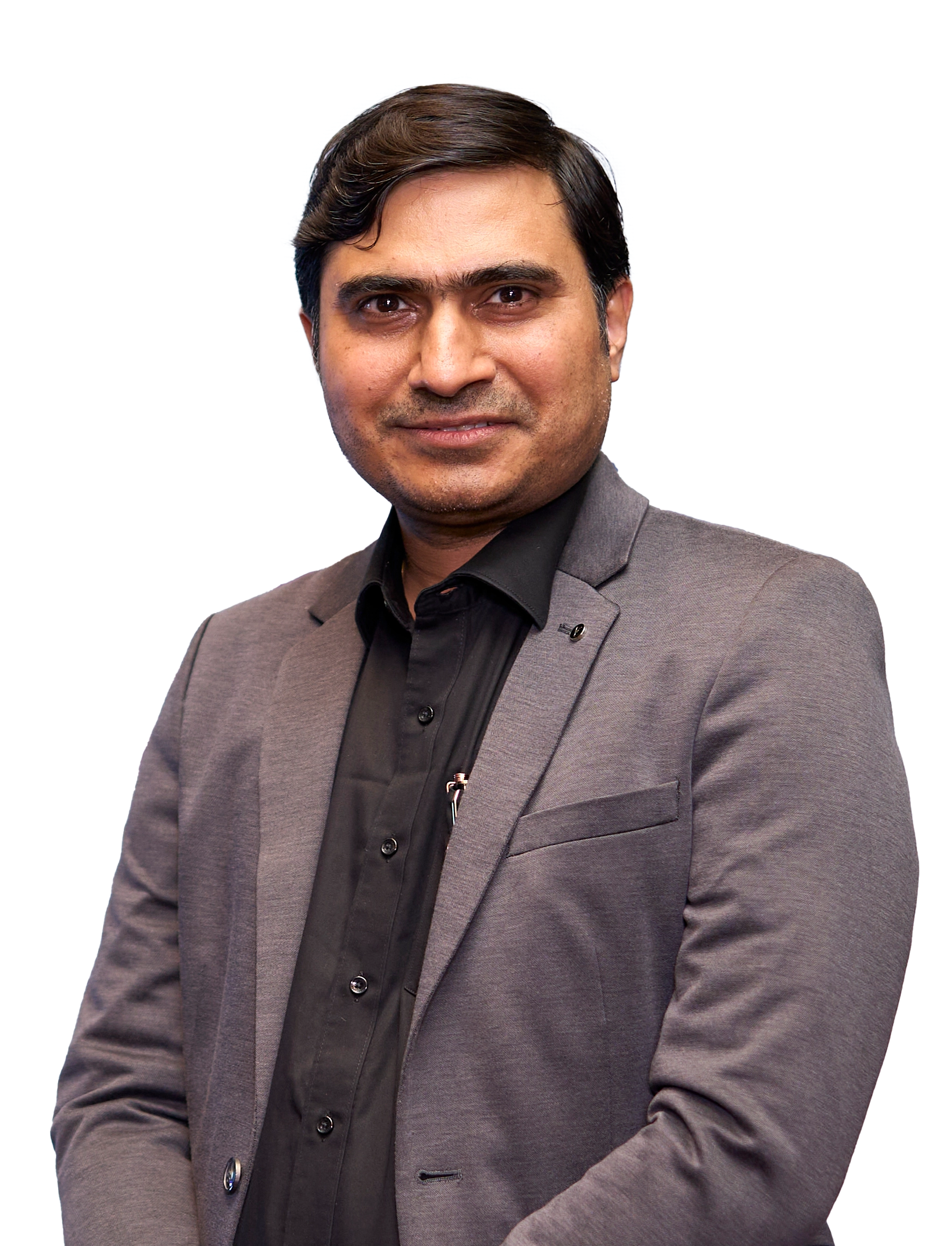
Previous blog
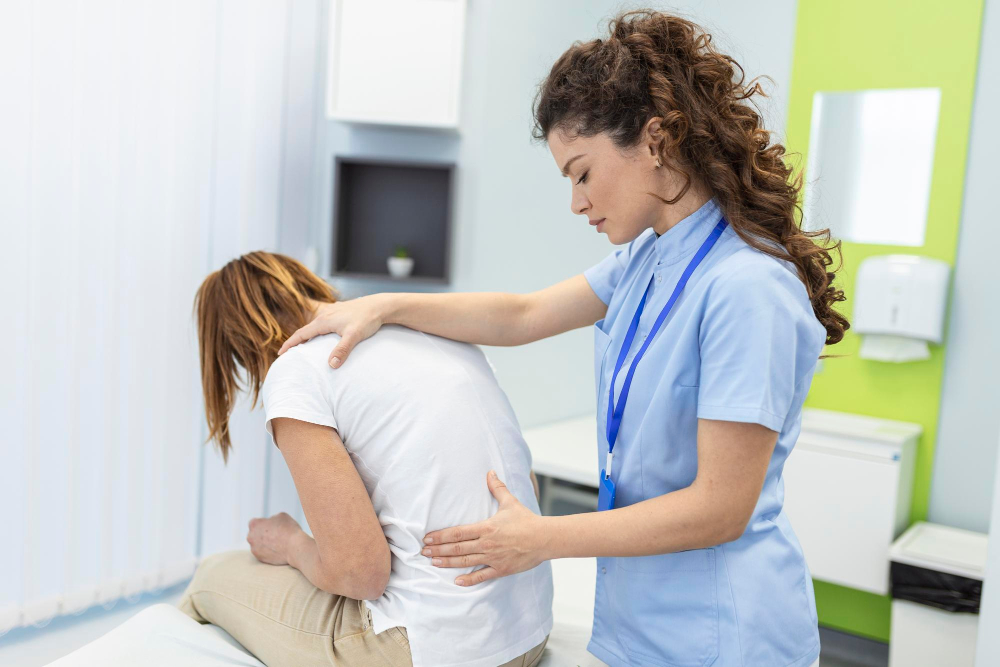
How to Get Relief from Back Pain?
Next blog


